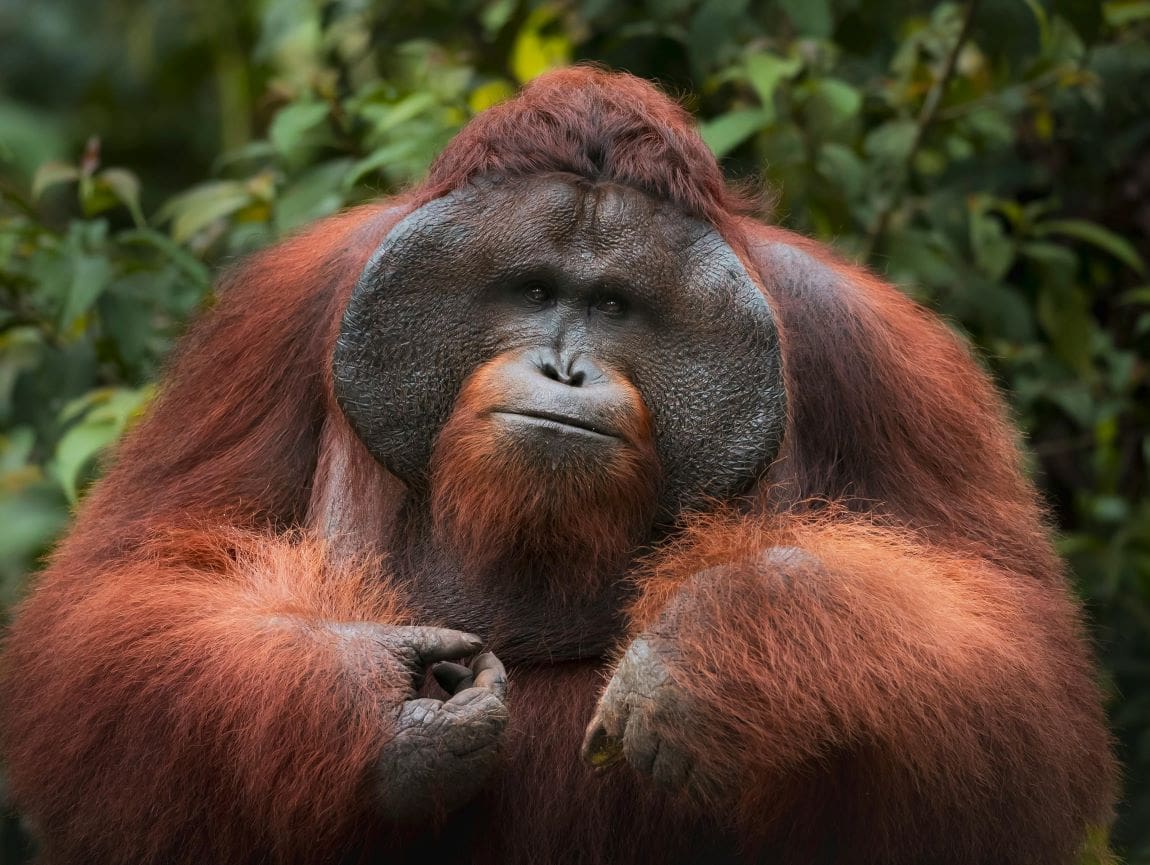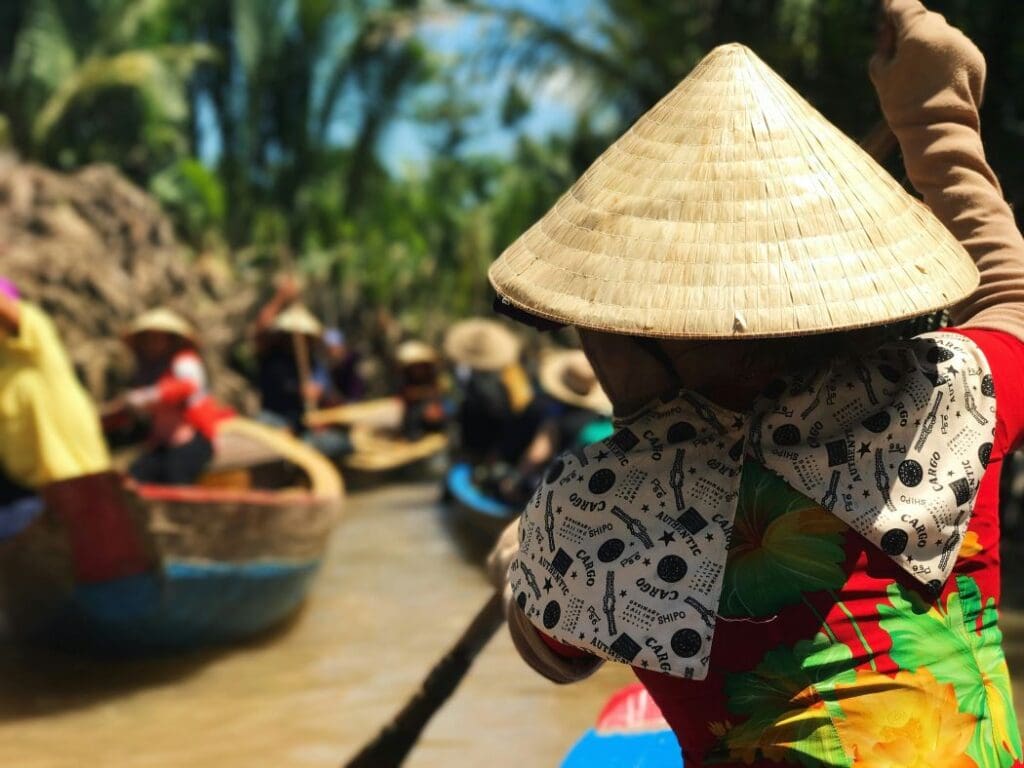Kuala Lumpur, Malaysia (AFP) – (UPDATED) Malaysia is inviting countries that buy its palm oil to adopt orangutans but leave them in their natural habitat, local media reported, tweaking a plan that originally sought to send some abroad.
In a scheme modelled on China’s “panda diplomacy”, Malaysia announced in May that it would send the great apes as gifts to palm oil-purchasing countries, sparking an outcry among conservationists.
Orangutans are critically endangered, according to the International Union for Conservation of Nature (IUCN), and have lost habitat to logging and agricultural expansion — particularly palm oil plantations.
On Sunday, Plantation and Commodities Minister Johari Abdul Ghani said any orangutans that were adopted would stay in Malaysia, the official Bernama news agency and other local media reported.
“All conservation activities will be carried out in forest areas or forest patches in oil palm plantations with high conservation value,” he said, according to Bernama.
“These… areas provide space for orangutans to move freely, find food, and reproduce without interference from humans or other activities.”
Buyers of Malaysian palm oil from around the world can “sponsor” one or more orangutans, and the funds collected will be used to implement conservation programmes for the animals, the minister said, according to The Star newspaper.
The programmes include “collaborating with a team of rangers, comprising experts, to monitor the presence, safety and condition of these wild animals”, he said.
Beijing’s panda diplomacy, to which the scheme has been widely compared, has long served as a source of soft power, with pandas loaned to foreign zoos under strict conditions, including returning any offspring to join China’s breeding programme.
Palm oil is used in foods such as cakes, chocolate and margarine, as well as cosmetics, soap and shampoo.
Malaysia and Indonesia together produce the majority of global output.
bur-mba/smw
© Agence France-Presse
Featured image credit: Florian Kriechbaumer | Pexels




